Punarnava, Vilwa, and Kulatha are the ingredients of this versatile combination that effectively relieves pain or soola. Saptasaram Kashayam has distinct action on the pelvic organs and enables smooth functioning of the Apana. Saptasaram Kashayam along with different adjuvants is widely used in managing gynaecological problems of varied origin.
Kashaya or herbal decoctions harness the healing properties of herbs and roots in a mild and easily absorbable water base.
Features & Benefits
- Saptasaram Kashayam is a traditional and time-tested combination of Punarnava, Vilwa, Kulatha, Erandamoola, Sahachara, Nagara and Agnimantha.
- Vatanulomana is the cardinal property of the Saptasaram Kashayam. This aspect pacifies deranged Apana Vayu which is the root cause of all disease and morbidity in the pelvic organs.
- Saptasaram Kashayam is an excellent remedy for gynaecological problems arising from the derangement of Apana Vata like menstrual irregularities, pain, bleeding disorders, hormone dysfunction and infertility.
- Kulatha which aggravates Pitta is balanced by drugs like Punarnava and Vilwa. This helps us in utilising the heating and Vatasamana effect of Kulatha in encouraging bleeding and overcoming hormonal sluggishness, while not aggravating pitta, in case of scanty bleeding.
- Soolaghna is the Lakshanika karma or immediate localised action of Saptasaram Kashayam. The ingredients act in synergy to relieve abdominal flatulence, bloating and pain.
Dosage and Instructions
Adult: 15-20 ml of Saptasaram Kashayam mixed with 45-60 ml of boiled and cooled water, twice daily on empty stomach.
Child: 10-15 ml of Saptasaram Kashayam mixed with 30-45 ml of boiled and cooled water, twice daily on empty stomach.
Suitable for all ages.
Key Ingredients
Varshabhu (Boerhaavia Diffusa)
It is mainly used in painful as well as oedematous conditions. The properties include immunomodulation, hepatoprotection, antifibrinolytic, anticancer activity, antidiabetic activity, anti-inflammation, and diuresis. Thus useful in treating cancer, jaundice, dyspepsia, inflammation, ophthalmic, enlargement of spleen, abdominal pain, and as an anti-stress agent.
Vilwa (Aegle marmelos)
It can be found as the favorite of Lord Shiva and thus found in the temples. Also known as bilwa, the whole part of the plant is used for medicinal purposes. Antidiarrhoeal, antimicrobial, antiviral, radioprotective, anticancer, chemopreventive, antipyretic, ulcer healing, antigenotoxic, diuretic, antifertility, and anti-inflammatory properties.
Shunti(Zingiber officinale)
It is the dry form of ginger. It is an effective drug to relieve from flatulence and bloating of the abdomen. Dry ginger powder helps in the digestion and elimination of toxins. It acts as an anti-diarrheal and anti dysenteric.
Agnimantha (Premna Integrifloria)
Agnimantha is used in the treatment of all types of Vata Disorders (diseases related to the nervous and musculoskeletal system), inflammatory disorders, neuralgia, rheumatoid arthritis, anemia, piles, constipation, common cold, and loss of appetite.
Khalva Purana (Dolichos Biflorus)
It is used in kidney stones, renal calculi, treating gall bladder and gall stones. cough, asthma, piles, intestinal worms and relieve constipation. It is also used in menstrual disorders, scanty bleeding (oligomenorrhoea), leucorrhoea and, urinary discharges.
Sahachara (Nilgirianthus ciliatus)
It has a good effect on back pains. It is effective in slip disc conditions. It has good results in muscle stiffness. It is very much effective in managing Vata disorders.
Eranda(Ricinus communis)
It is commonly known as the castor oil plant. Since ancient times castor seed and castor oil is used to cure rheumatism, worm infestation, and abdominal disorders. External application of the oil relieves boils and other skin disorders.
specialty:
100% Natural. Purely herbal. Vegetarian.














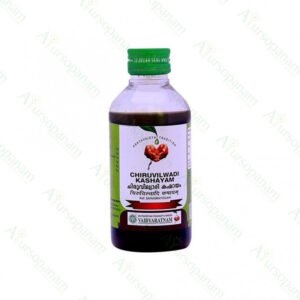


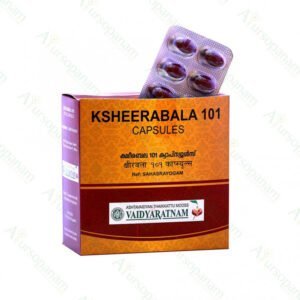


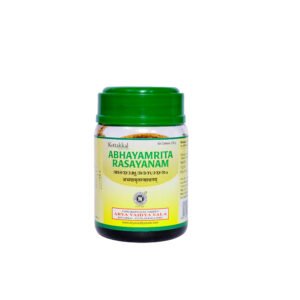








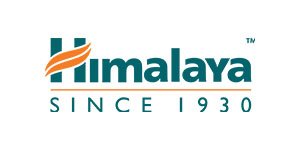











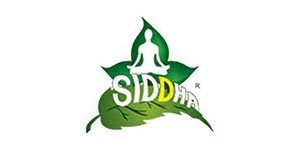











Ratings & Customer Reviews
Reviews
There are no reviews yet.